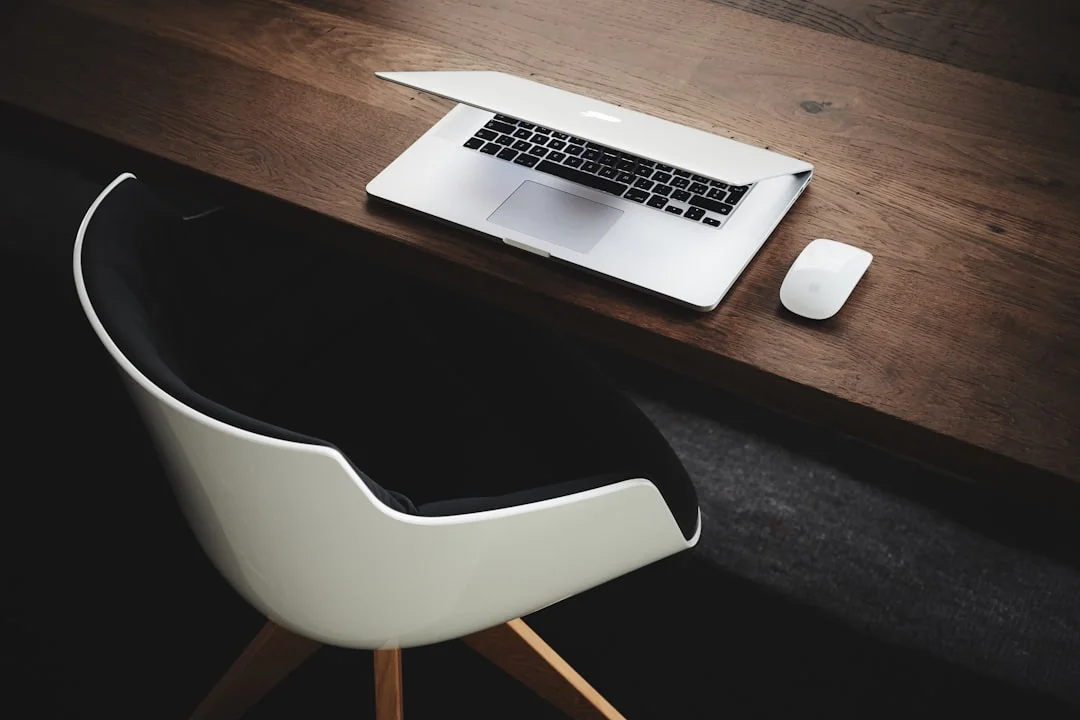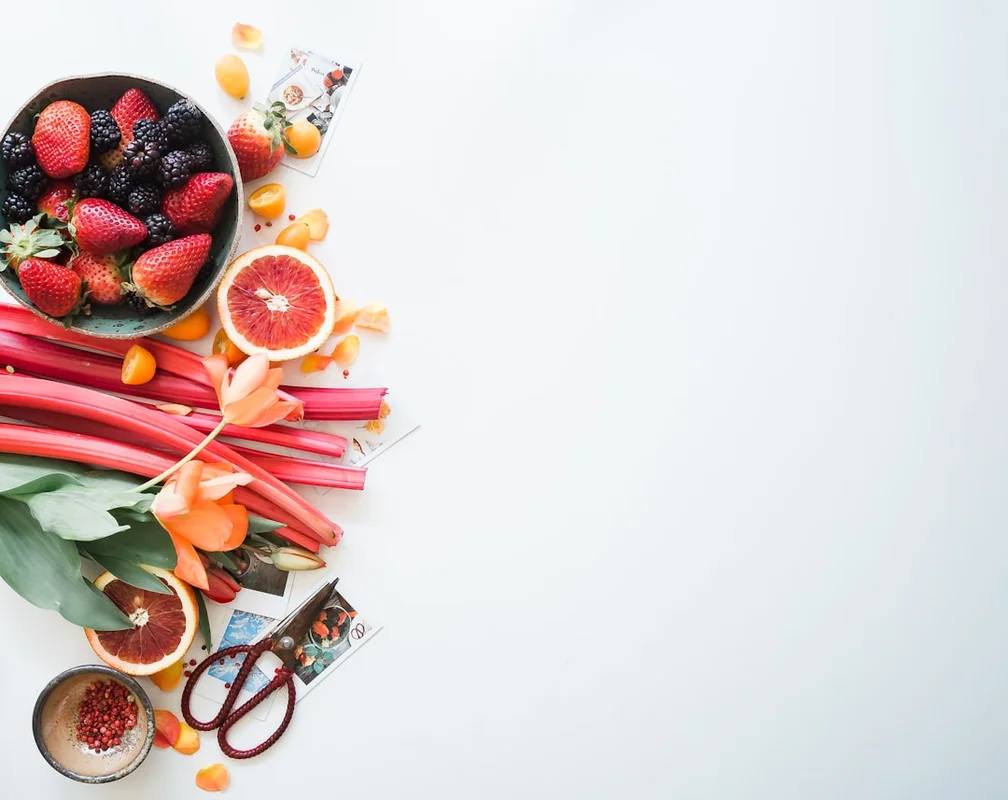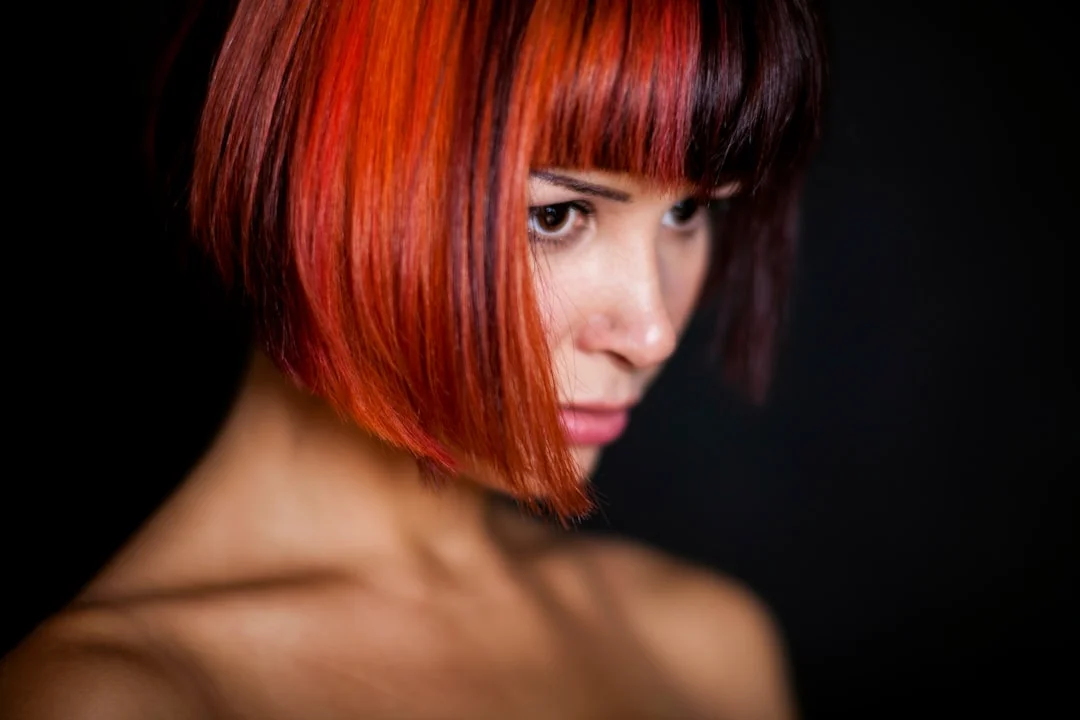Hey there, folks! If you’re anything like me, you’ve probably spent a bit of time staring intently at your scalp in the mirror, right?
And if you’re reading this, chances are you’re also wondering about the best anti hair loss products out there. Trust me, I get it.
For years, I was in a constant state of mild panic about the state of my hair.
It felt like every shower ended with a small, furry creature clogging the drain.
But after a lot of research, trial, and error (and some truly disastrous hair experiments), I’ve learned a thing or two.
Today, I’m sharing my personal journey and some of the products that have actually made a difference.
It’s not just about the products; it’s also about understanding why you’re losing hair in the first place. Is it genetics? Stress? Diet?
In my case, it was likely a combination of things.
Pinpointing the root cause can be a bit of detective work, but it’s crucial for finding the right solutions.
So, let’s dive in and explore some of the most effective options, along with my experiences.
Before we get to the products, let’s briefly touch on some of the common culprits.
There’s Androgenetic alopecia (male-pattern baldness), stress-induced hair loss (telogen effluvium), and nutritional deficiencies, to name a few.
Misconceptions abound, though: Many people believe that simply washing your hair less frequently will cure hair loss.
While over-washing can strip your hair of its natural oils, it’s not the root cause.
Similarly, hats, while not ideal for every situation, will generally not directly *cause* hair loss.
Let’s face it, genetics play a massive role. If baldness runs in your family, you’re unfortunately more prone.
But even with genetics stacked against you, you can still take action.
Things like a proper diet and stress management can help to delay and slow the process.
If you have the genetic predisposition, there’s no magic bullet, but the best anti hair loss products will work in conjunction with a proactive lifestyle to slow the effect.
Now, let’s talk about what actually *worked* for me. I’m not a doctor, so I can’t offer medical advice, but I can share my personal journey.
I started with the basics – improved diet, reduced stress (easier said than done, I know!), and a more gentle hair care routine.

I started with the basics – improved diet, reduced stress (easier said than done, I know!), and a…
But I also explored some topical treatments, and the results were…well, mixed at first.
One product I started with was minoxidil. I was skeptical, to be honest. I’d seen it advertised for years, and I wasn’t sure if it was just hype.
But, after consistently using it, I did see some regrowth, especially around my temples.
It wasn’t a miracle cure, but it was a noticeable improvement.
It’s important to be patient – it takes time to see results, and you need to be consistent with its use.
Here’s a pro-tip: If you use topical treatments like minoxidil, apply them when your hair is damp. This can help with absorption.
Also, be prepared for potential side effects; a few people experience some mild irritation or itching, and consult your doctor if it’s a problem.
While no shampoo will magically reverse hair loss, some can help create a healthier scalp environment, which is vital for hair growth.
I found that shampoos containing ketoconazole (an antifungal) can reduce scalp inflammation, which can sometimes contribute to hair loss.
I also started using a conditioner with biotin.
It didn’t directly stimulate growth, but it did make my hair feel thicker and healthier, which psychologically helped with the anxiety of dealing with hair loss.
I remember a friend, Mark, who tried a different approach. He focused solely on “natural” products.
He spent a fortune on essential oils and fancy shampoos. While I admire the effort, the results were disappointing.
The key is to use the products that work, regardless of how natural they are, and to always be open to trying new things.
We’ve established that a healthy diet is key. Protein, iron, zinc, and vitamins (especially biotin and vitamin D) are crucial for hair health.
In my case, I found that I was slightly deficient in iron.
Supplementing with iron, under the guidance of my doctor, seemed to help with the overall quality of my hair.
Of course, it won’t directly stop baldness, but supporting your hair with the proper nutrients makes a big difference.
I’d suggest adding these things to your diet, if possible:
The best anti hair loss products are only part of the solution. Lifestyle plays a huge role. Stress management is paramount.
I started practicing yoga and meditation.

I started practicing yoga and meditation.
Initially, I did it begrudgingly, but I found it really helped manage my stress and lowered my anxiety levels. Regular exercise also works wonders.
It improves blood circulation, which is important for hair growth. Sleep also plays a part. Aim for 7-8 hours of quality sleep each night.
It may not be easy, but trust me, it’s worth it.
I always believe that real-life examples speak volumes. I’ve known a few friends who have also struggled with hair loss. Take John, for instance.
John, after consulting with a dermatologist, started using finasteride, in combination with minoxidil.
His hair loss stabilized, and he regained some density. It’s a testament to how a combined approach can work.
Another example is Sarah. Sarah’s hair loss was connected to a thyroid issue.
Once she addressed the root cause through medication, her hair started growing back.
It underlines the importance of getting a medical evaluation to identify any underlying issues.
Now for some insider tips! Don’t over-style your hair with harsh chemicals or high heat. Protect your hair from sun damage by wearing a hat.
Avoid tight hairstyles that can pull on your hair follicles. Also, get regular haircuts to keep your hair healthy.
Finally, don’t give up if you don’t see results immediately. It takes time and patience to find what works.
Let’s talk about a misconception: Many people believe that frequent haircuts make hair grow faster. This is not true. Hair growth starts at the root.
Haircuts will remove the split ends but will not affect the rate of hair growth.
So, what’s the bottom line? There’s no one-size-fits-all solution.
The best anti hair loss products for you will depend on your individual situation.
But by understanding the causes of hair loss, embracing a healthy lifestyle, and being patient, you can definitely make progress.
I haven’t completely stopped my hair loss, but I’ve slowed it down significantly, and that’s a huge win in my book.
Don’t be afraid to experiment, but always consult with a dermatologist. Remember that consistent use and patience are key.
Good luck on your journey, and feel free to share your experiences in the comments below! Remember, you’re not alone in this.
There are many people battling hair loss, and we’re all in this together.

There are many people battling hair loss, and we’re all in this together.
If you found this helpful, consider signing up for our newsletter.
We’ll send you weekly health tips, tricks, and insights to help you live your best life!
In conclusion, the best anti hair loss products are often those that address the specific cause of your hair loss, combined with a healthy lifestyle and patience. It’s a journey, not a destination.
Absolutely not. The effectiveness of hair loss products varies greatly.
Some products, like minoxidil, have a wealth of clinical studies that back their effectiveness.
Others, like some herbal remedies, may have limited, if any, scientific backing.
The best approach is to research products thoroughly, read reviews, and consult with a dermatologist to determine what’s right for you.
Yes, to a degree. While they won’t provide a magic bullet, dietary changes and supplements can definitely play a supportive role.
A diet rich in protein, iron, zinc, and vitamins (especially biotin and vitamin D) is essential for healthy hair.
However, if your hair loss has an underlying medical cause, such as a thyroid condition, supplements will only be part of the solution.
You may need medication.
Patience is key! Results generally don’t happen overnight.
Most effective treatments, such as minoxidil or finasteride, typically show results after several months of consistent use.
Initial results might be subtle—perhaps less shedding or the appearance of new, tiny hairs.
The timeline can also vary depending on the product, the individual’s body, and the cause of hair loss.
It’s essential to maintain consistent use and realistically assess your progress.
Yes, some potential side effects are possible with certain products.
Minoxidil, for instance, might cause scalp irritation or unwanted hair growth on the face.
Finasteride can potentially have more serious side effects, such as sexual dysfunction.
It is crucial to discuss the possible side effects with your doctor before using any new product.
Beyond using the best anti hair loss products, a holistic approach is beneficial. Regular exercise improves blood circulation.
Also, reduce stress by practicing meditation, yoga, or other relaxation techniques. Ensure you get enough sleep – aim for 7-8 hours per night.
Gentle hair care practices such as avoiding harsh chemicals and heat styling, and consuming a healthy diet also aid in hair growth and support the hair follicles.




